Under the Sea: 20 Amazing Ocean Facts!
Hold your breath and dive in for these SEA-riously amazing facts!
The briny deep, the big blue, the seven seas, Neptune's kingdom... whatever you call it, the ocean is totally fascinating! We've compiled 20 facts to blow your mind like an underwater volcano - do you know how deep the deepest point of the ocean is, or what the biggest animal that lives in it is? Find out here!
Don't forget to check out some more watery facts - learn all about octopuses, mako sharks, or the Titanic!
1. It covers more than 70% of the Earth's surface!
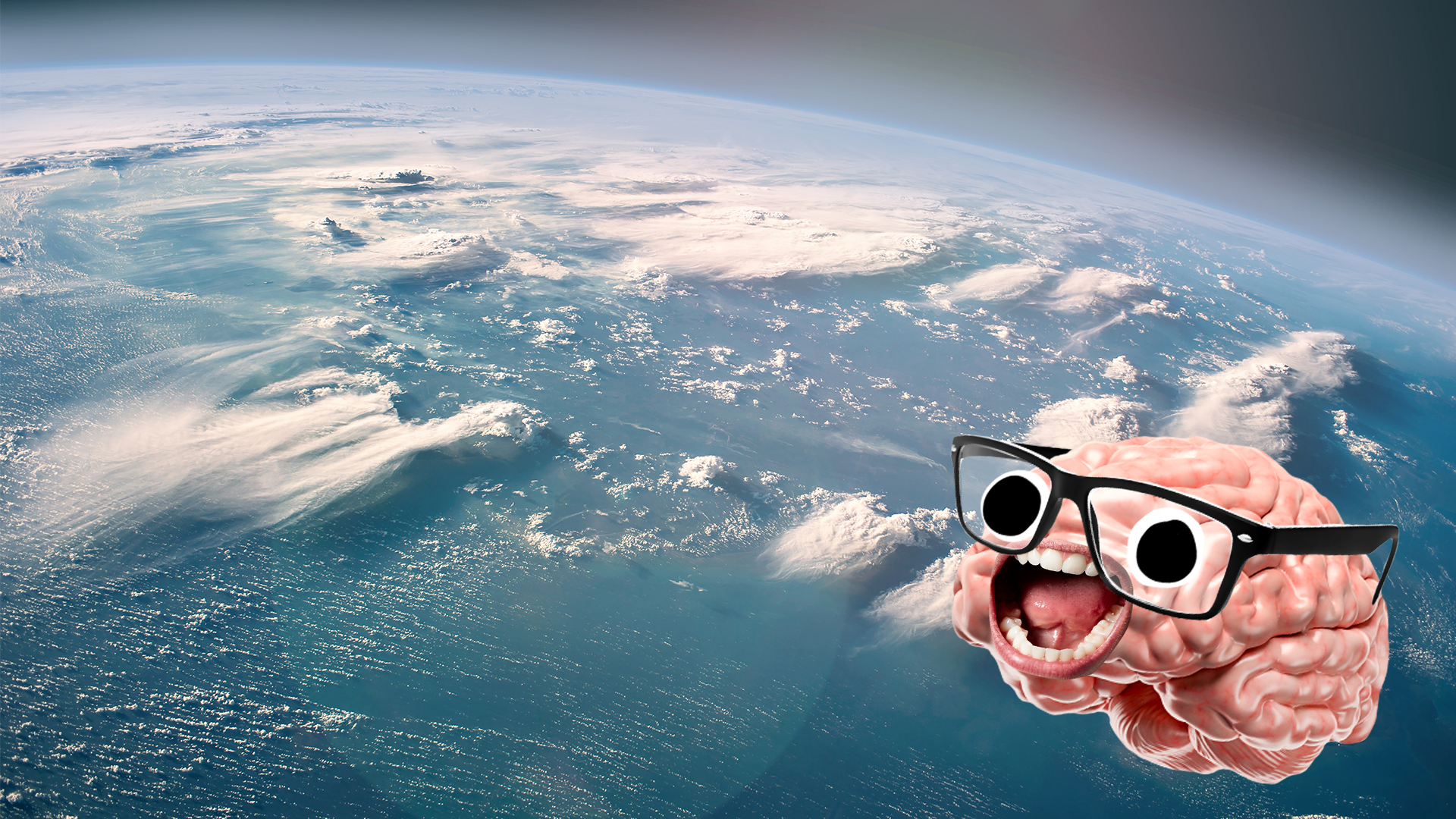
Our little planet is in fact mostly water - and mostly sea water at that! That's why they call it the blue planet!
2. Most wildlife lives in the ocean!
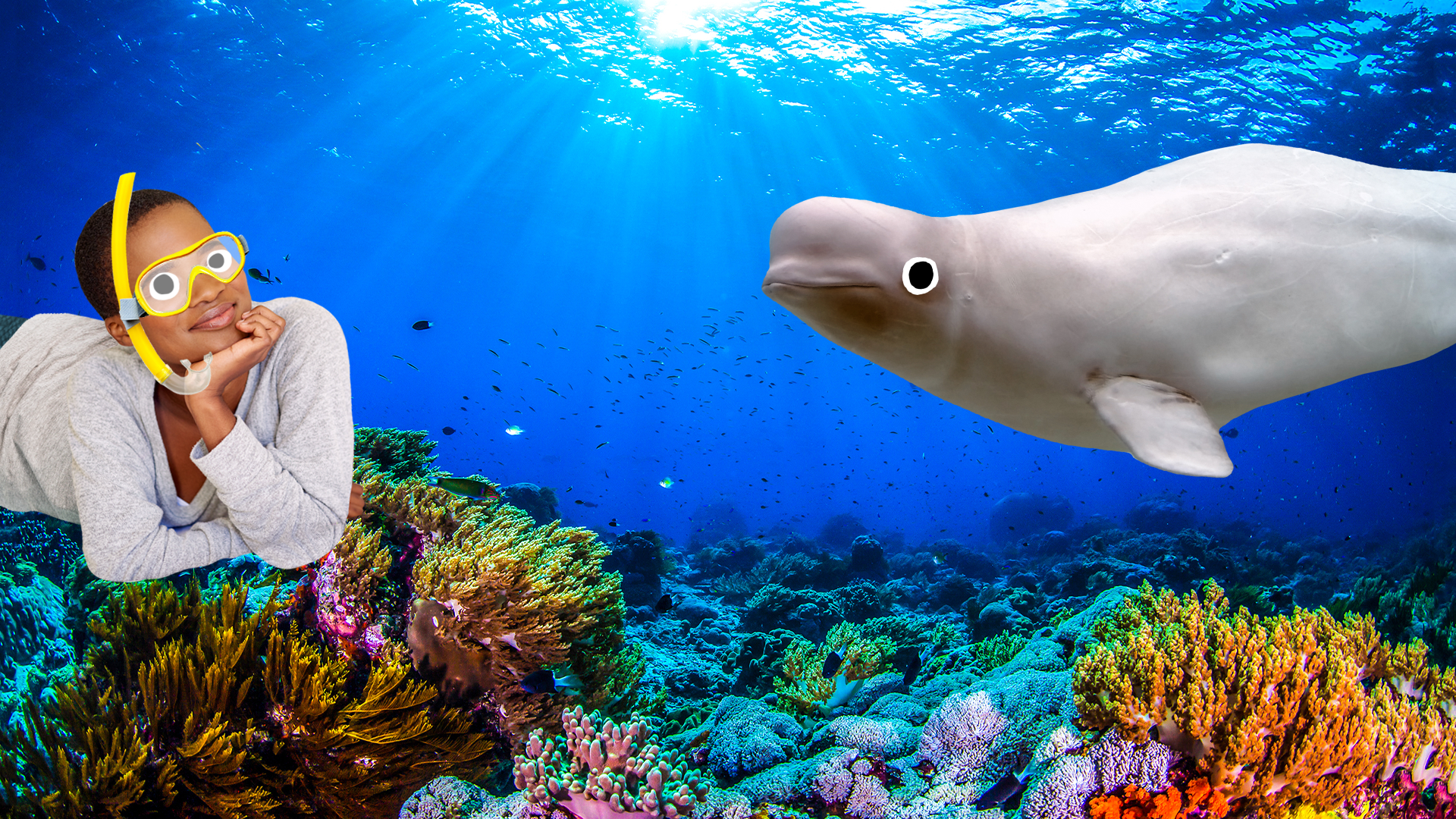
About 94% of all wildlife ON EARTH is in the sea! That means we land-dwellers are a very small minority.
3. Less than 5% of the ocean has been explored!
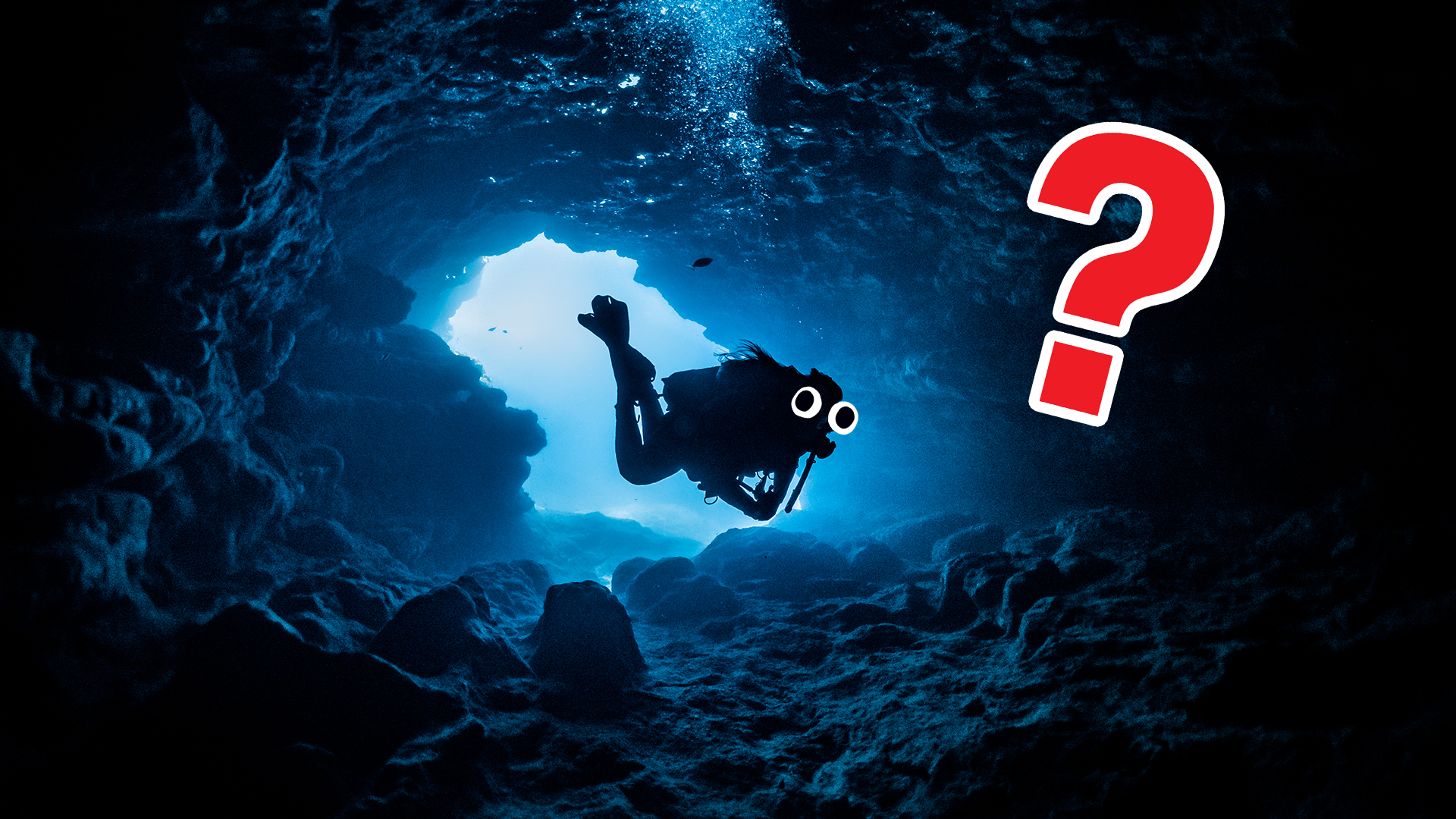
We actually have better maps of Mars than we do of the ocean! There are a number of reasons for this, including...
4. It’s REALLY heavy down there!
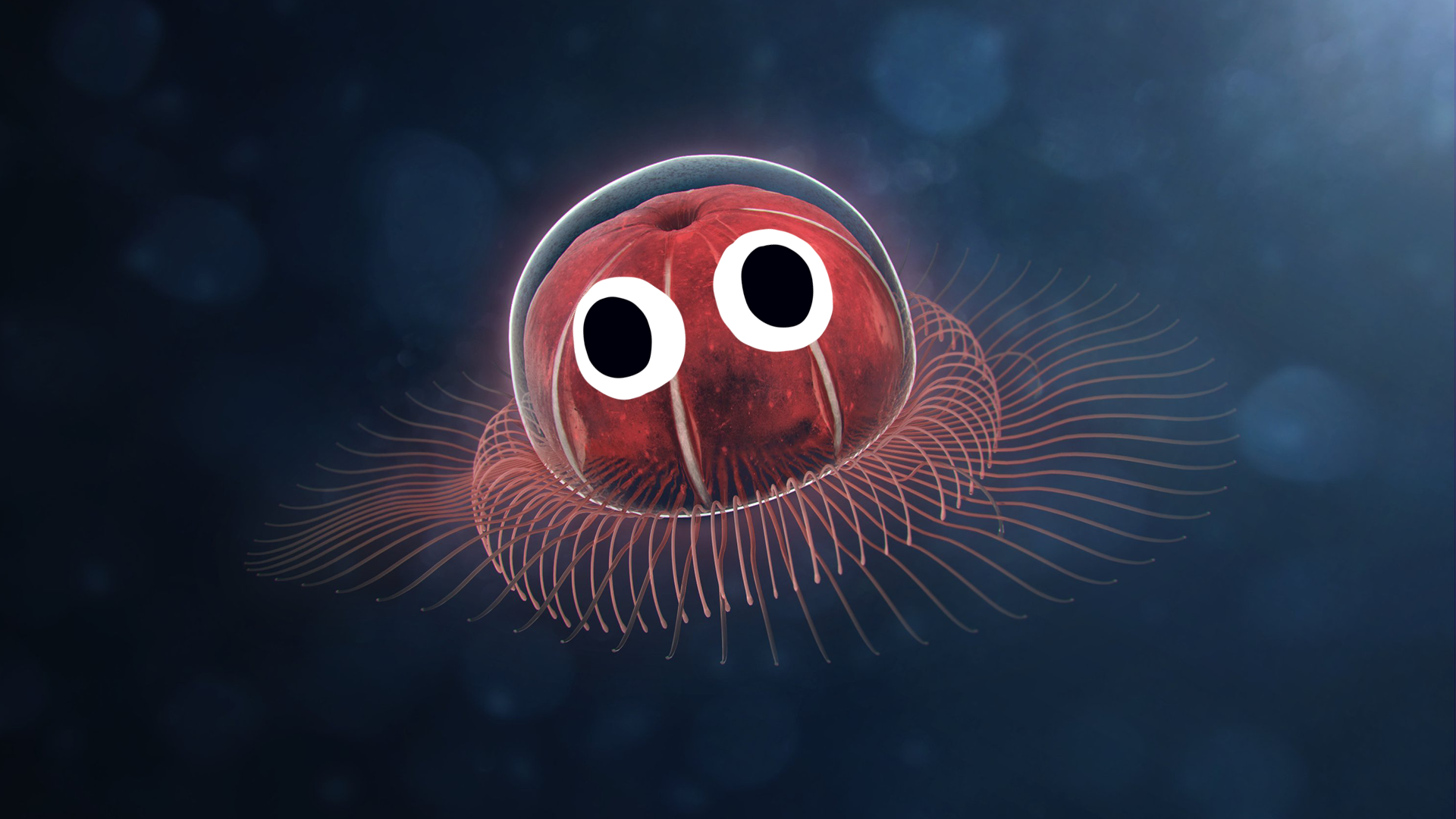
And by heavy, we mean the pressure is intense. Water is a lot denser than air, and that means the more there is of it, the more pressure is placed on whatever is inside. This means that deep water is very hard for people to go into - if you've ever swum in a really deep pool you might have noticed it hurting your ears and nose. This means people can't dive beyond certain depths, so exploring becomes a bit more difficult!
5. It's also VERY dark!
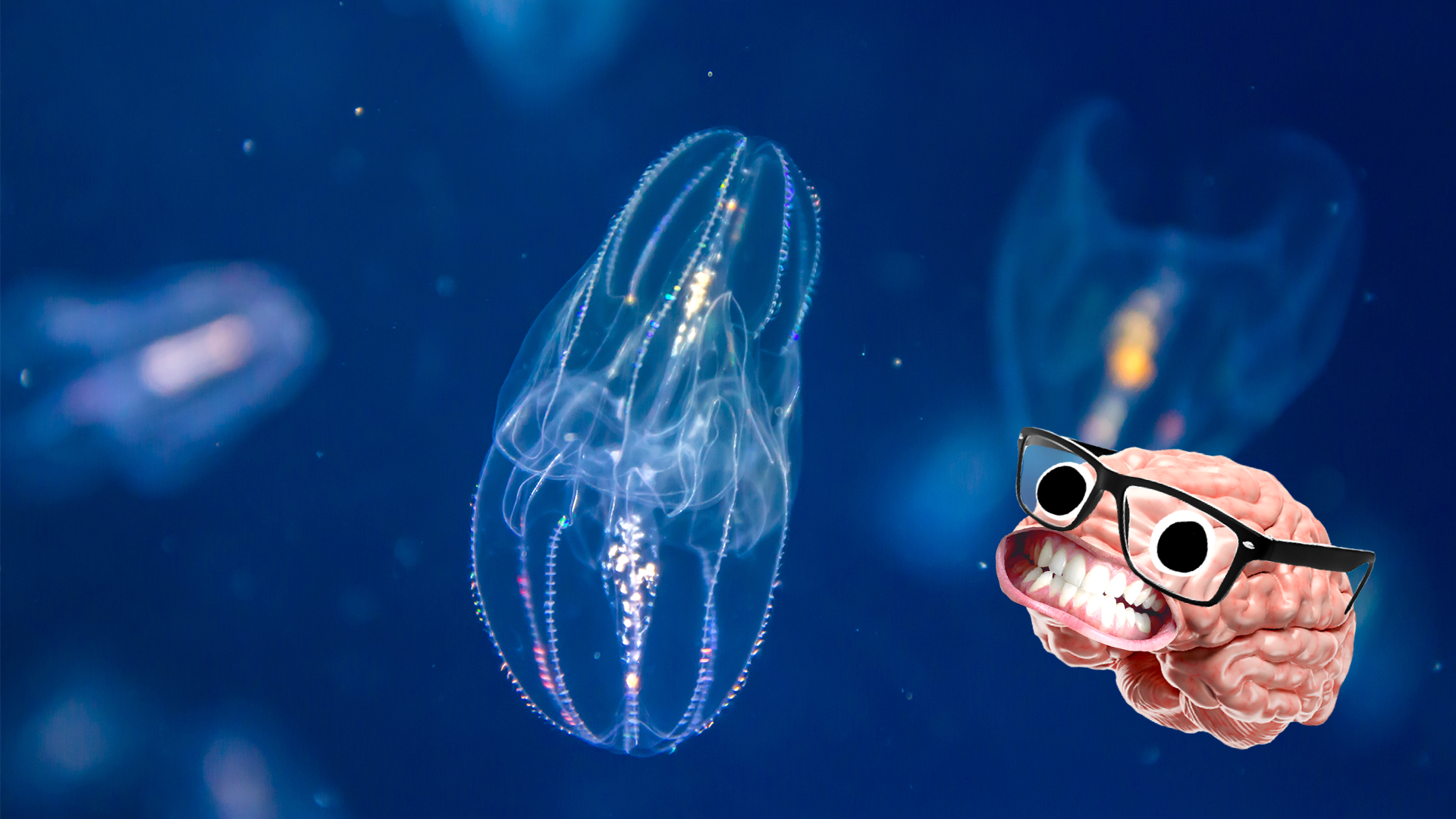
Oceans have an average depth of of 12,100 feet, and sunlight can only penetrate about 330 feet in water, so everything below that will be dark. There are five layers - the sunlight zone, the twilight zone, the midnight zone, the abyss, and the trenches. It's very hard to see in the dark (obviously), so that makes exploring difficult. Deep sea creatures have adapted - some make their own light in the dark ocean using a process called bioluminescence. You can see jellyfish and other creatures glowing and glittering, or (in the case of the creepy-looking anglerfish - remember Finding Nemo?) using their light to attract prey!
6. The deepest point is the Mariana Trench
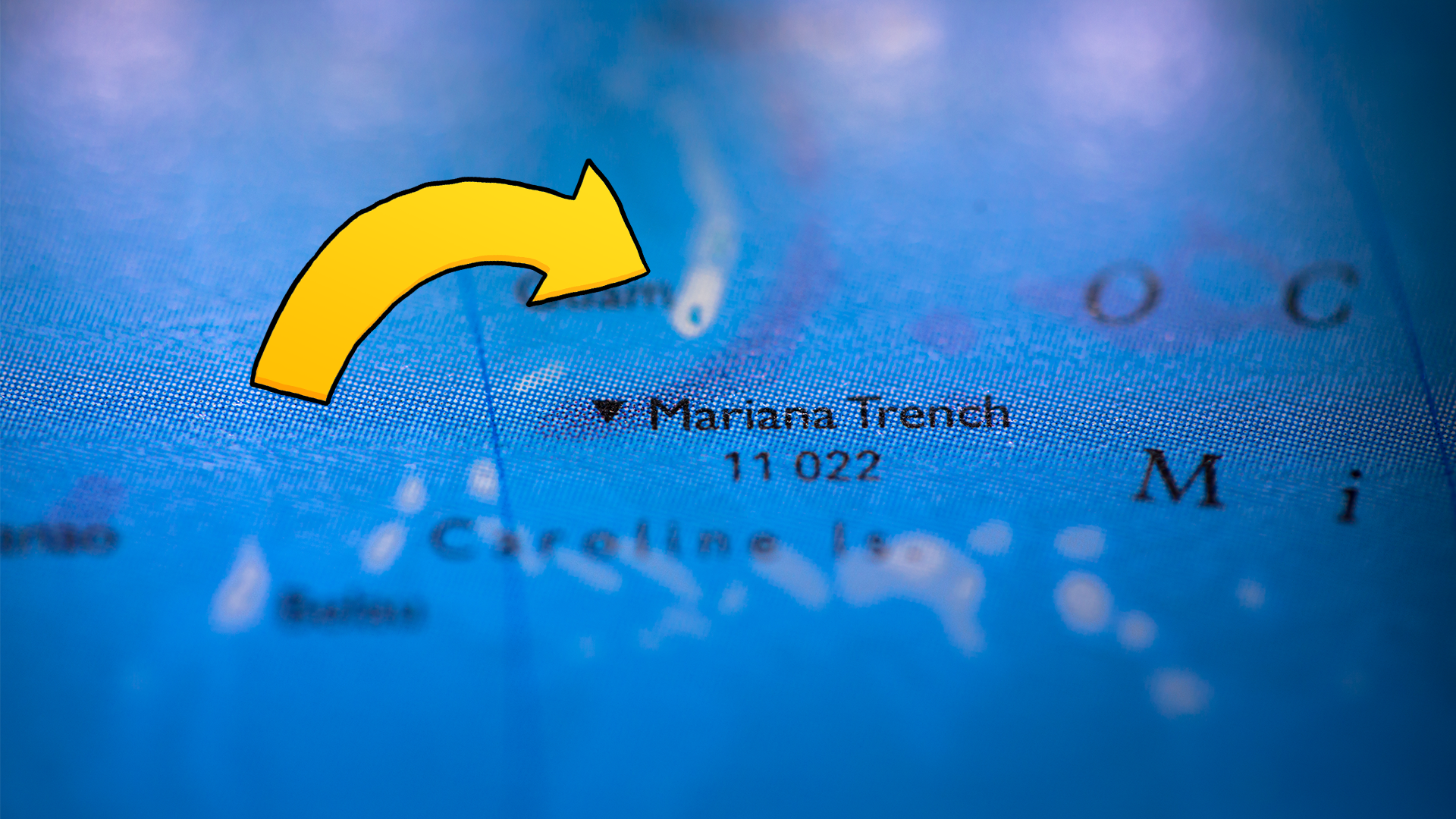
The deepest part of the ocean is the Mariana Trench, which is about 11km deep at the deepest point found so far. For reference, you could put Mount Everest in there and still have around 2km to spare! It's very dark down there and the pressure is intense - it's 8 tons per square inch, which means if you were down there it would be like trying to hold up 50 jumbo jets. So, if you wanted to explore it you'd need a powerful machine with very bright lights. And that's exactly what the Deepsea Challenger did! This submersible vehicle reached the furthest anyone has ever gone, almost to the bottom, piloted by James Cameron. That's right, James Cameron of Titanic and Avatar fame! He's a big fan of ocean exploration!
7. The biggest mountain range in the world is in the ocean!
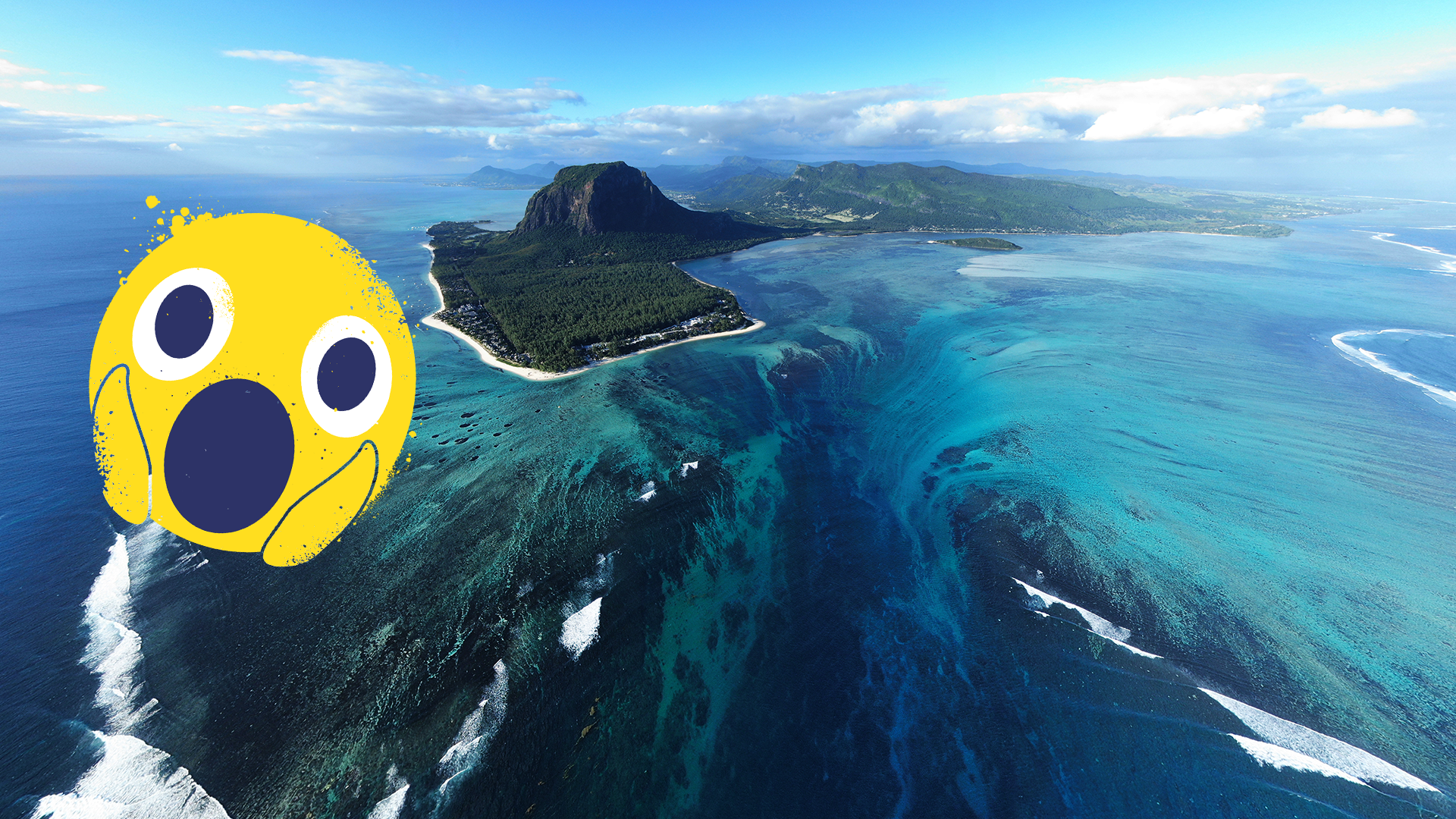
The Mid-Ocean Ridge, which spans 40,389 miles (10 times longer than the Andes!) runs down the middle of the Atlantic Ocean.
8. 90% of volcanic activity happens in the ocean!
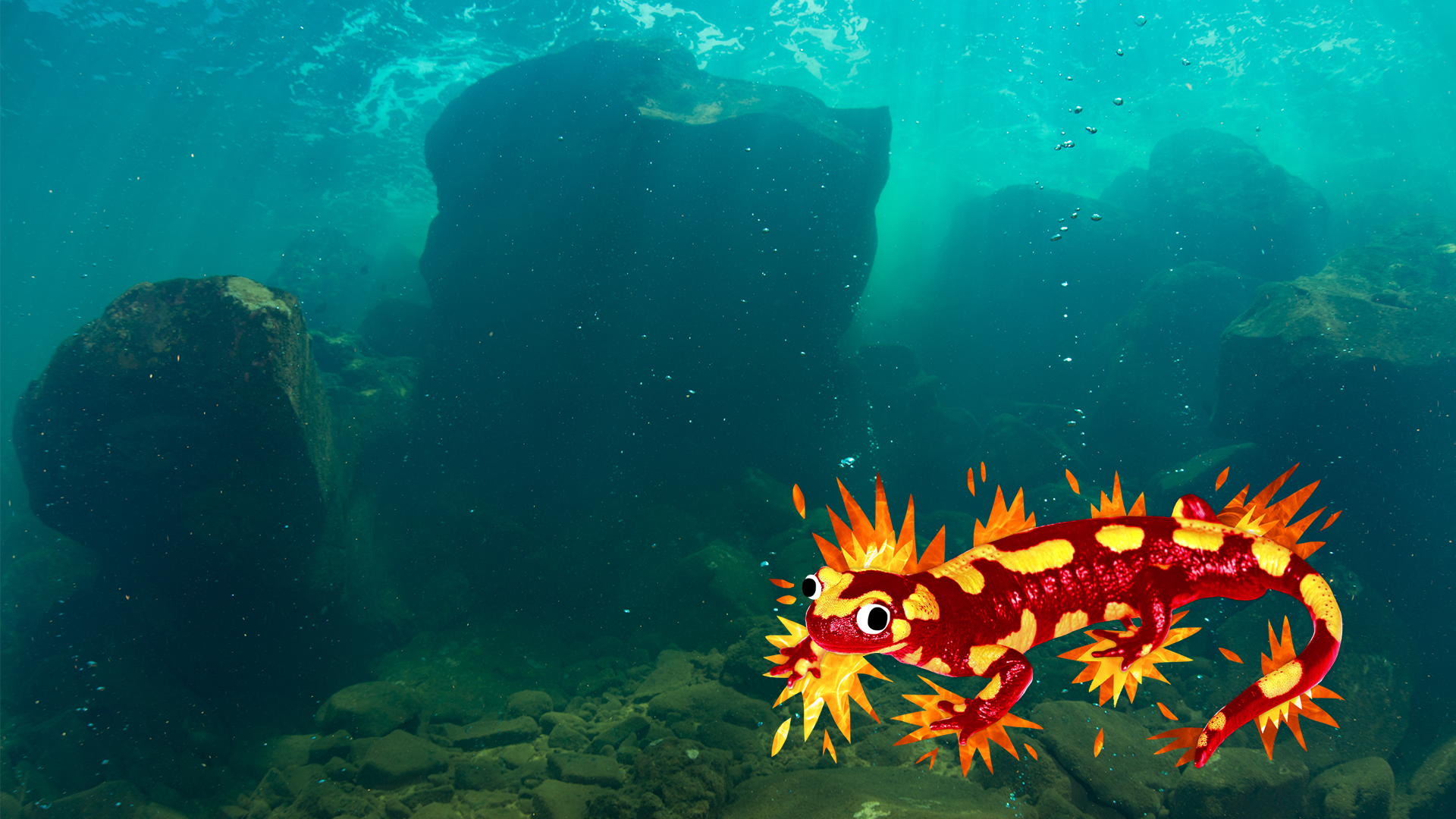
There is an insane amount of volcanic activity in the ocean, and most of it happens in the South Pacific in an area no bigger than New York that contains 1,113 volcanoes!
9. The biggest animal EVER calls the ocean its home!
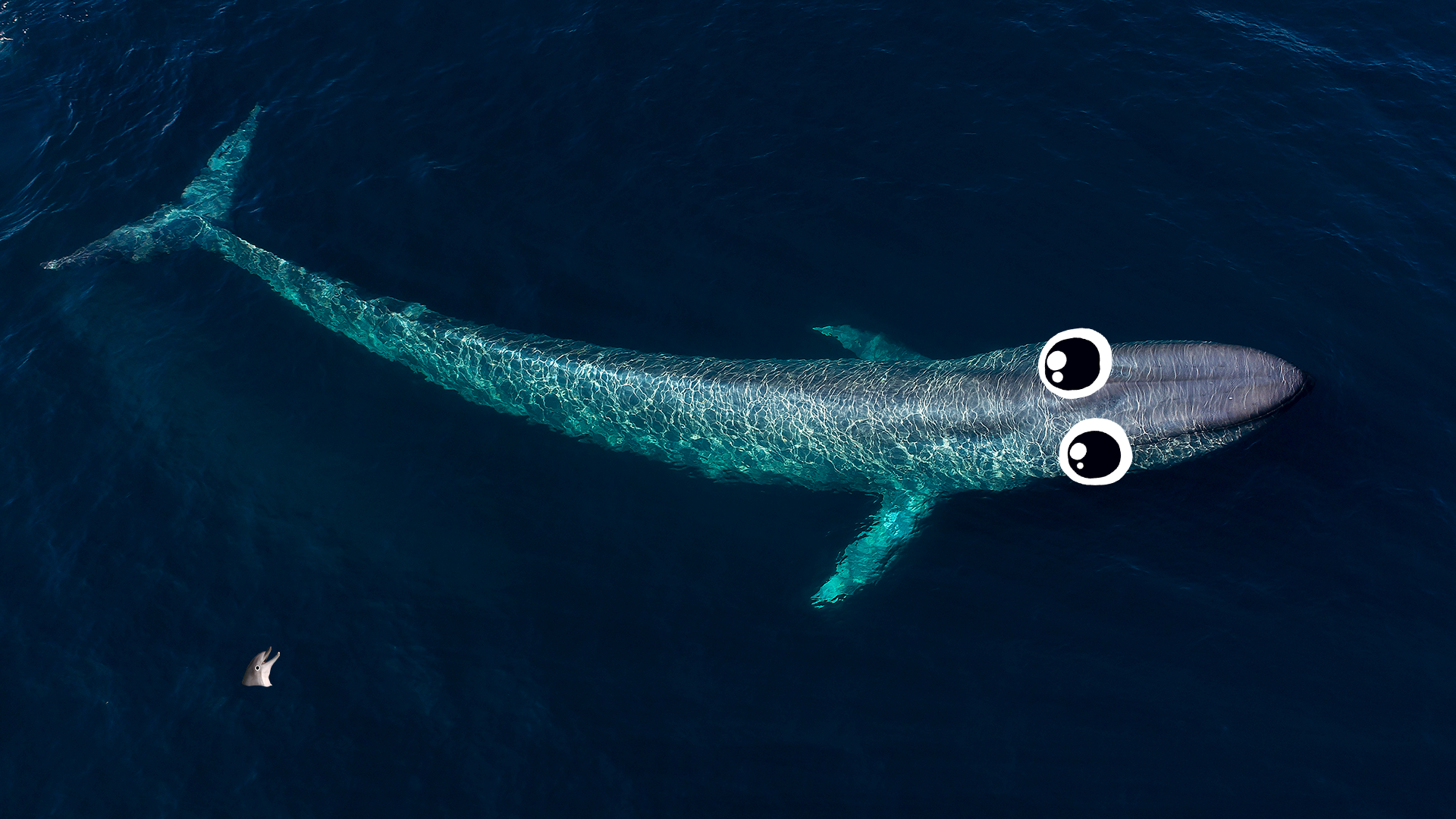
The biggest animal of all time is the blue whale. Yes, that includes dinosaurs and every other extinct animal, like the giant shark Megalodon. The blue whale is bigger than all of them! They can grow up to 100 feet long and weigh the same as 30 elephants. Their hearts are the size of a car, and they are the loudest animals on earth, reaching 188 decibels. They live up to 90 years, and can be found in all oceans except the Arctic.
10. Some creatures live so deep down we’ve barely seen them!
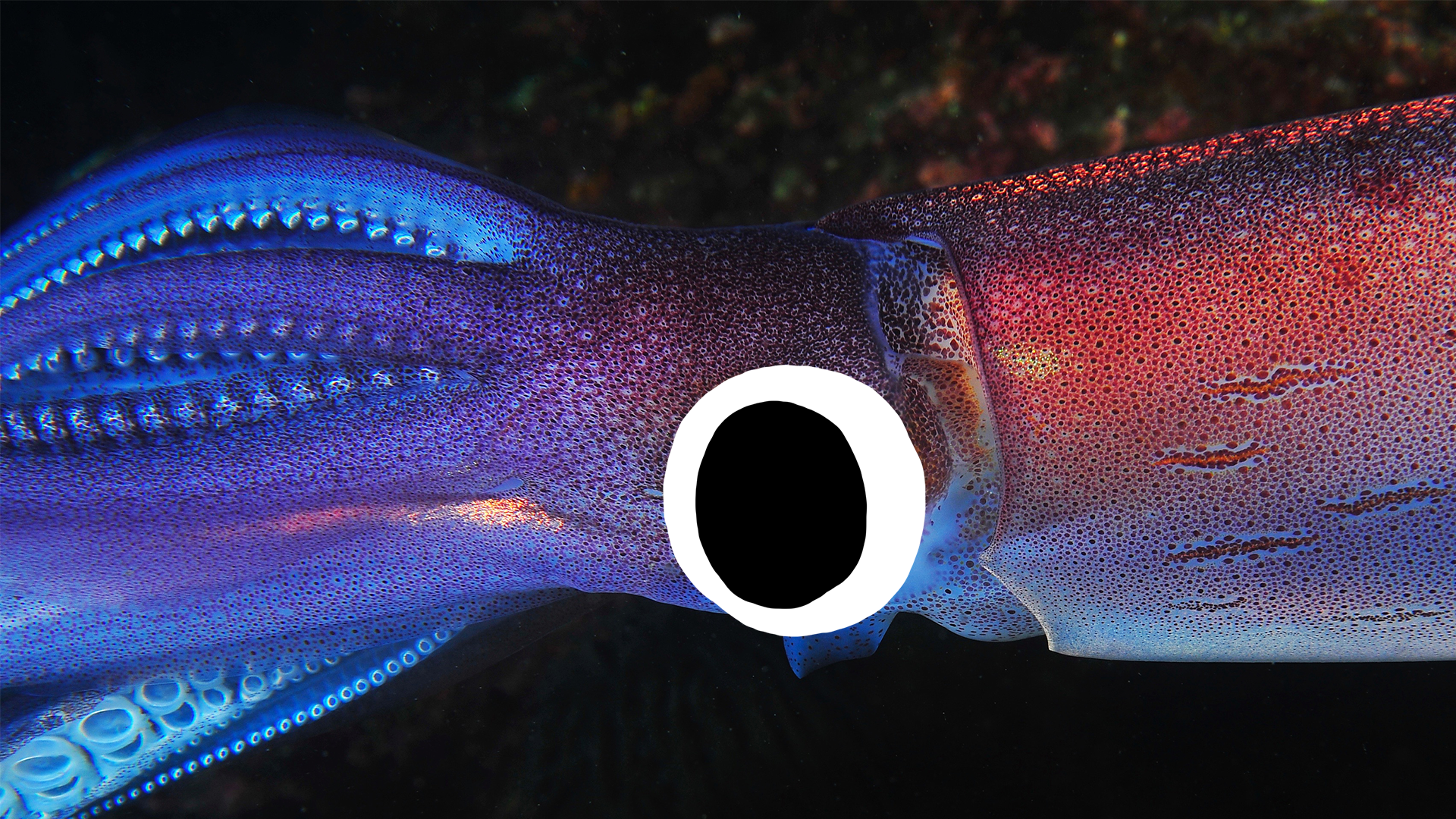
As you now know, it's tricky to go deep in the ocean unless you have a very good submarine. This means that there are lots of creatures living down there that have barely been seen by humans! One famous mysterious creature is the giant squid, which can probably be found in all oceans and lives at depths of between 300 and 1,000 feet - but scientists don't know for sure because they're so hard to find. They're the largest invertebrates and also have the biggest eyes in the animal kingdom, which would help them to see in the pitch black of the deep sea. Research has only been possible on dead squid washed on the beach, by examining sperm whales (it's thought that the two fight), and from a handful of photos and only two videos of living giant squid! (For the record, that picture isn't of a giant squid, just one of his relatives!)
11. Coral makes its own sunscreen!
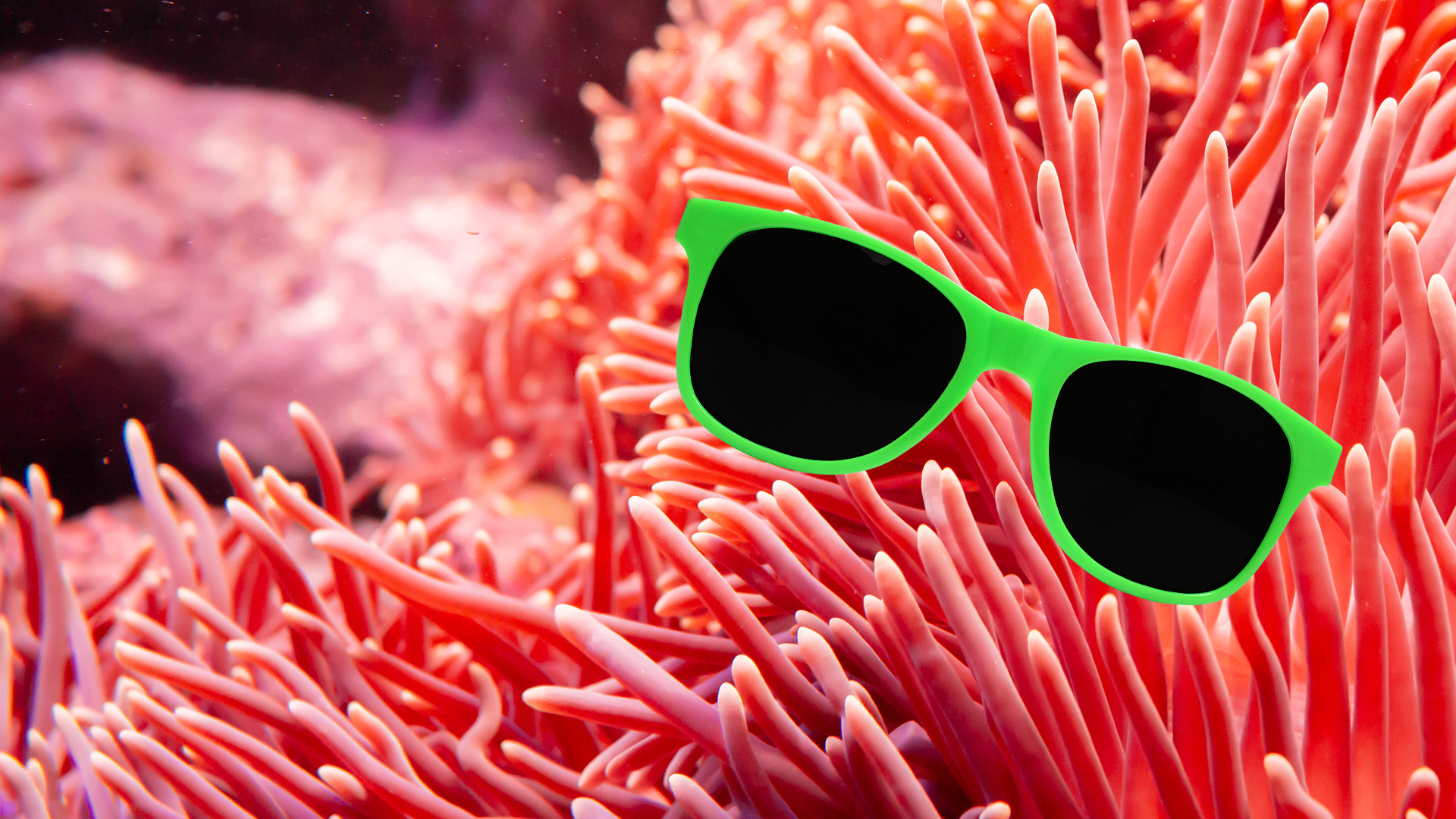
Coral (which is actually an animal and not a plant!) is home to algae, which is a food source for it. Sunlight is good for coral, but too much is bad for the algae. Instead of heading to Boots, coral “fluoresces” – which means it absorbs light and makes proteins that protect the algae!
12. There’s an underwater shark café!
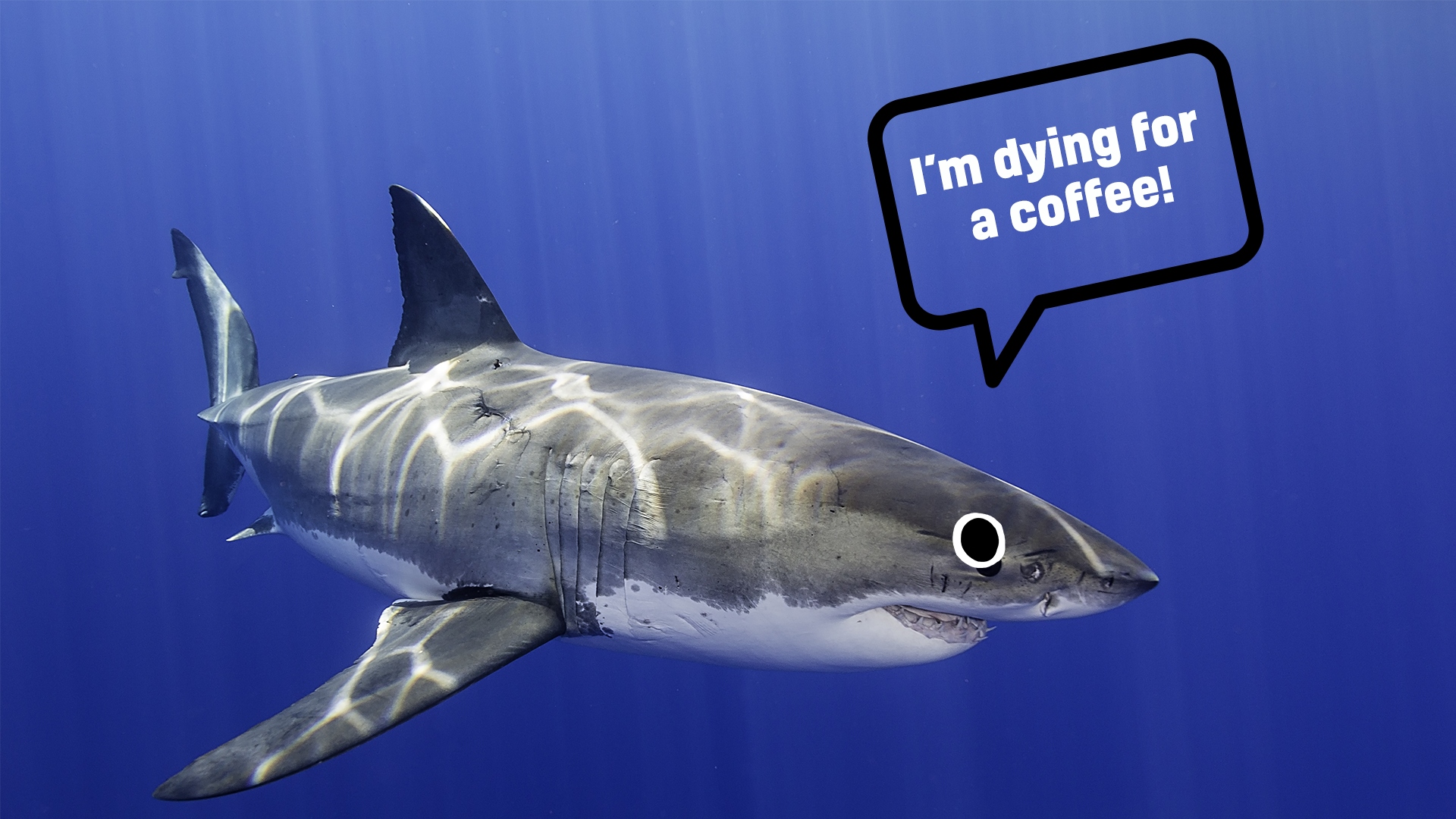
Scientists discovered that each winter great white sharks will migrate to a particular spot in the Pacific Ocean, between Baja California and Hawai'i, and nicknamed it the White Shark Cafe. Looks like humans aren't the only animals that enjoy a winter break!
13. The ocean makes weird sounds!
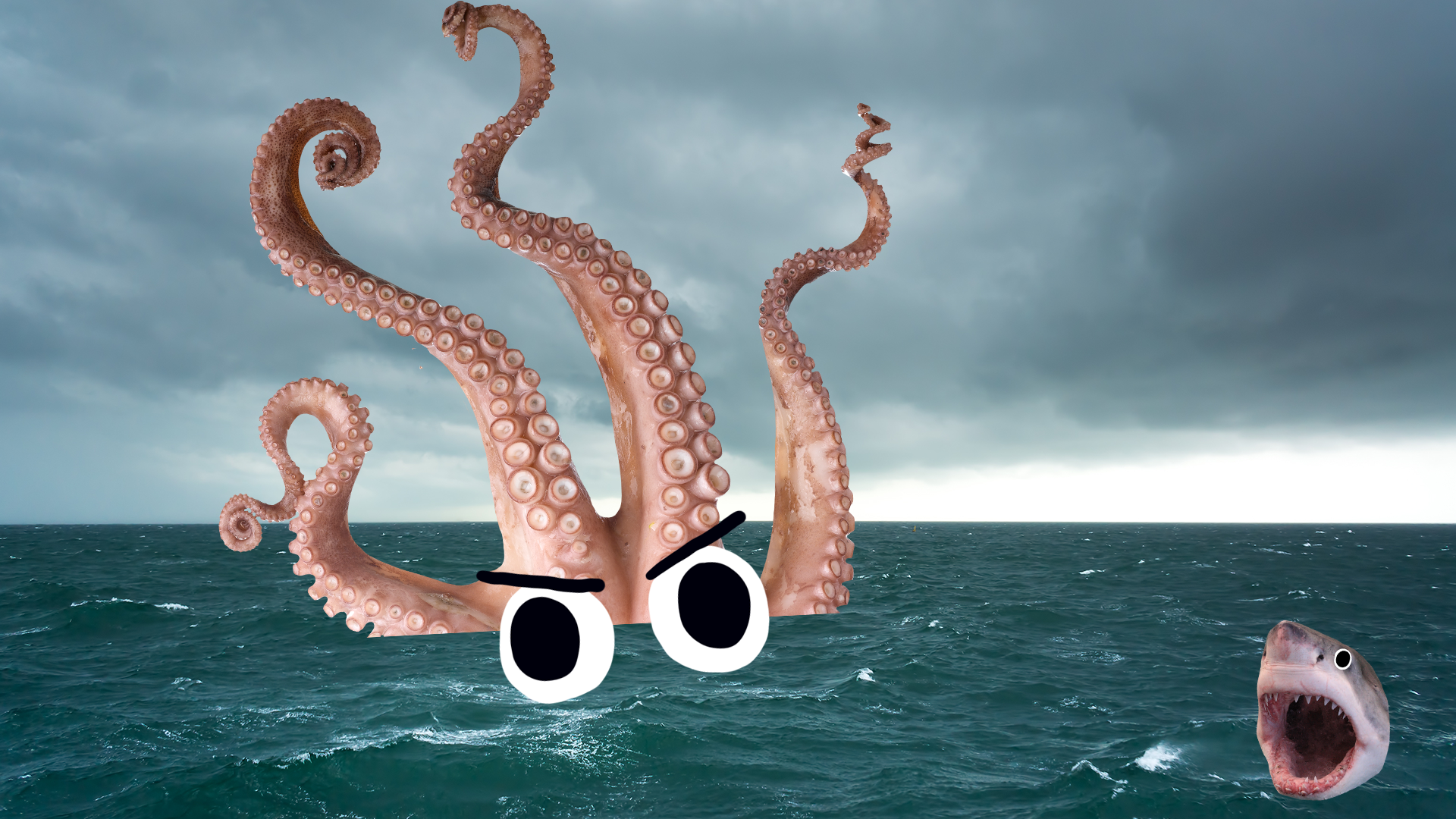
The loudest sound ever recorded came from the ocean in 1997, when the National Oceanic and Atmospheric Administration (NOAA) picked up a noise on two separate microphones which were over 3,000 km apart. The noise was nicknamed "The Bloop" because when sped up it sounds a bit like a big bubble underwater. Doesn't sound too impressive, but hear this: for an animal to make a noise that loud it would have to be more than 1.5 times the size of a blue whale (which is, remember, the biggest animal to have ever lived). Scientists and internet sleuths speculated for years, but in 2012 it was concluded that the sound was actually an iceberg breaking. Still, there are other unexplained underwater noises, and some people on the internet still insist it's a huge monster lying in wait under the sea!
14. There are rivers and lakes underwater!
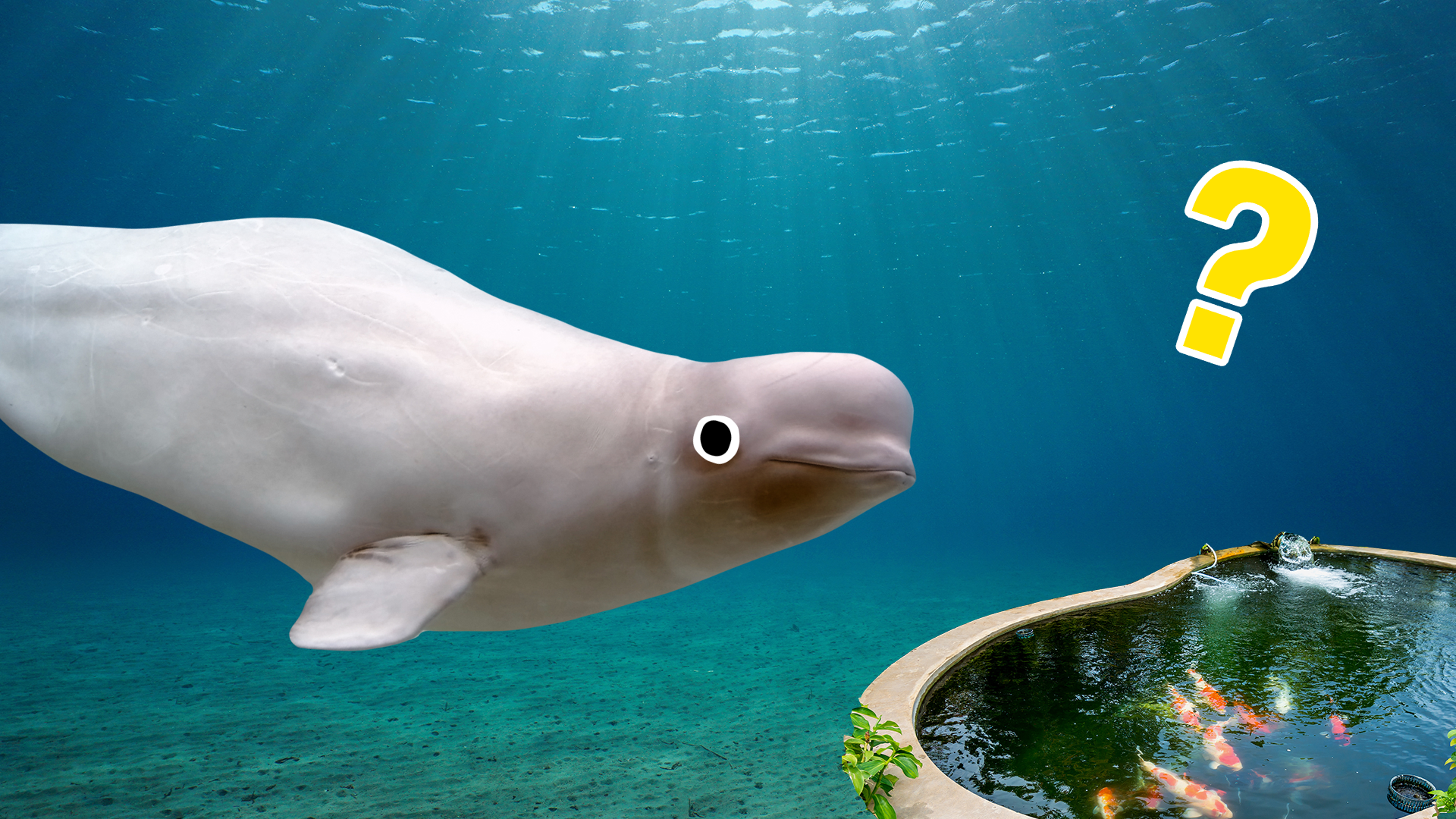
Now this is amazing! When salt water combines with hydrogen sulfide, it becomes denser than the rest of the water around it. This means it sinks to the bottom and forms its own lake or river, complete with shorelines, tides and currents! These are called brine pools and you shouldn't swim in them - they don't have any oxygen and are so salty that they become toxic.
15. There are more historical artefacts under the ocean than in all of the museums in the world!
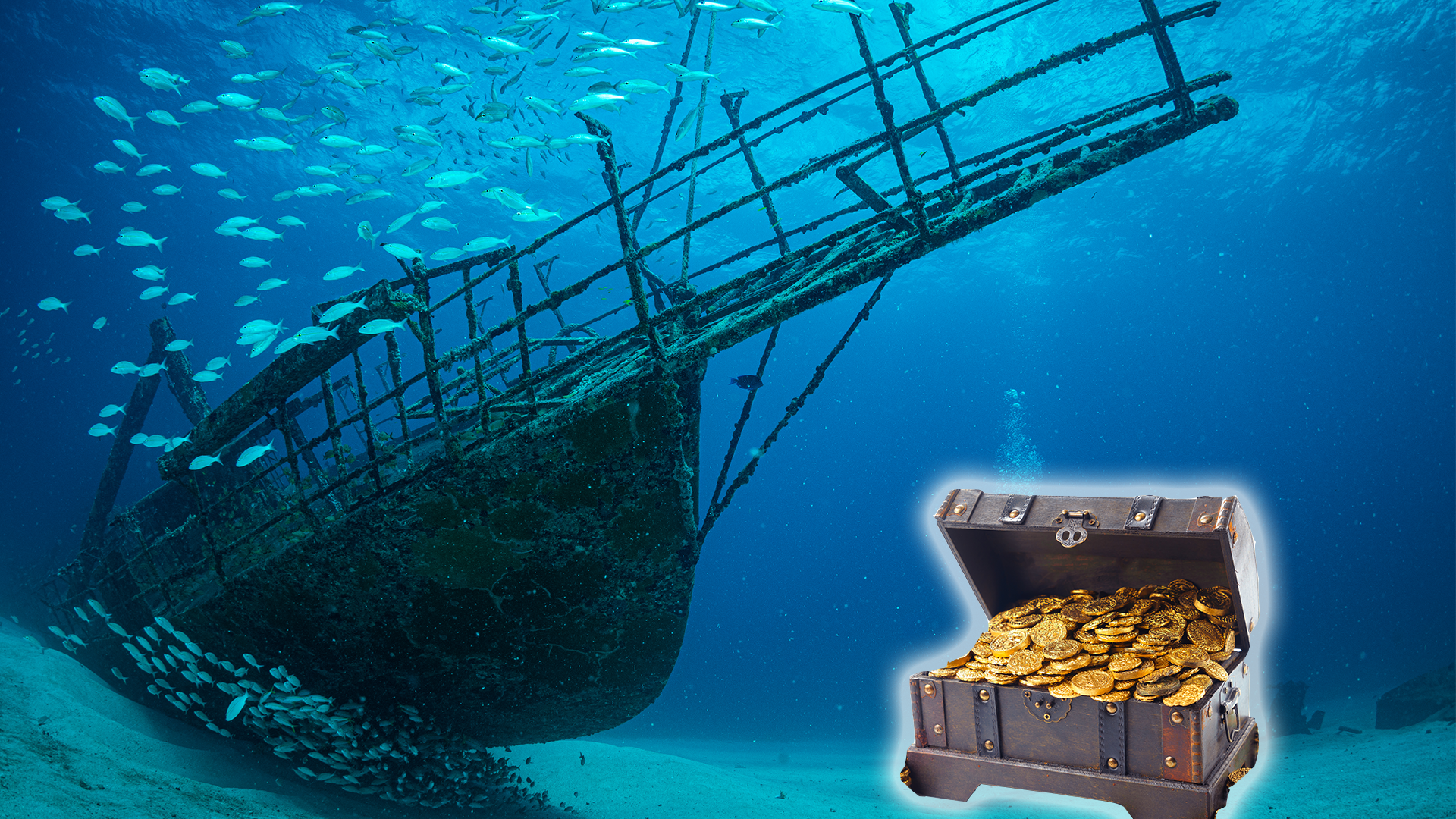
There are a LOT of shipwrecks, more than we'll ever know, and they've been happening as long as humans have been using boats (so, about as long as humans have been around). The ocean is full of treasures and artefacts from long ago, not just the ships themselves but their precious cargo. When the Titanic sank for example, it took expensive jewellery, cars, paintings, manuscripts, musical instruments and valuable china and silverware with it!
16. Is there an ancient city underwater?
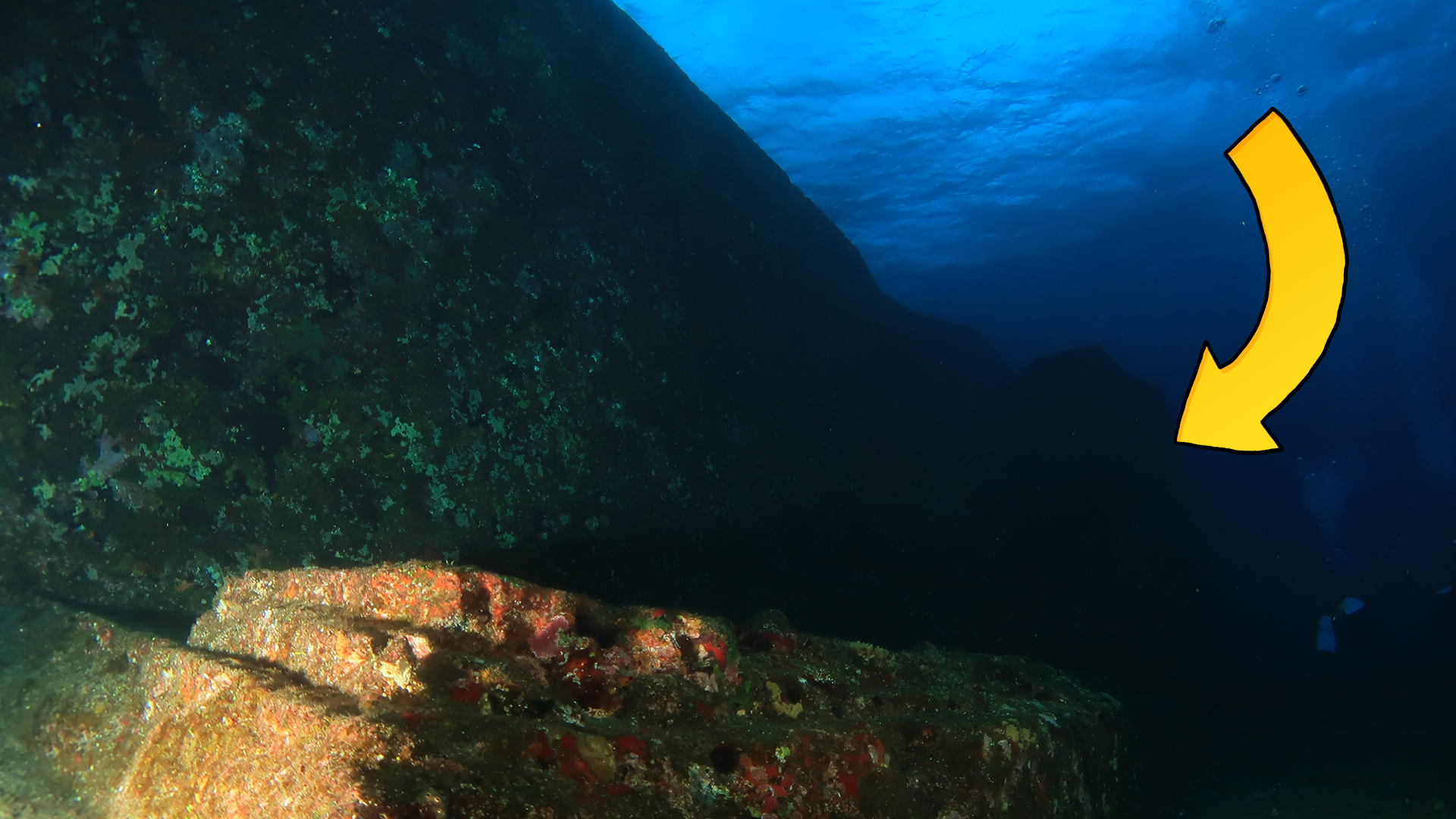
You've probably heard of Atlantis, a mythological island that was plunged under the waves in a great flood. This was a story made up by Greek philosopher Plato, but some people have wondered if there really is a city lost to the sea. Some people think they found it with the Yonaguni Monument, which can be found off the coast of Yonaguni island, an island in the southern Ryukyu Islands, Japan. This underwater rock formation has a lot of even edges and flat tops, and looks a little like a big castle built by human hands. Experts say that it is not manmade, though, just an example of strange natural geology.
17. You can drink sea ice!
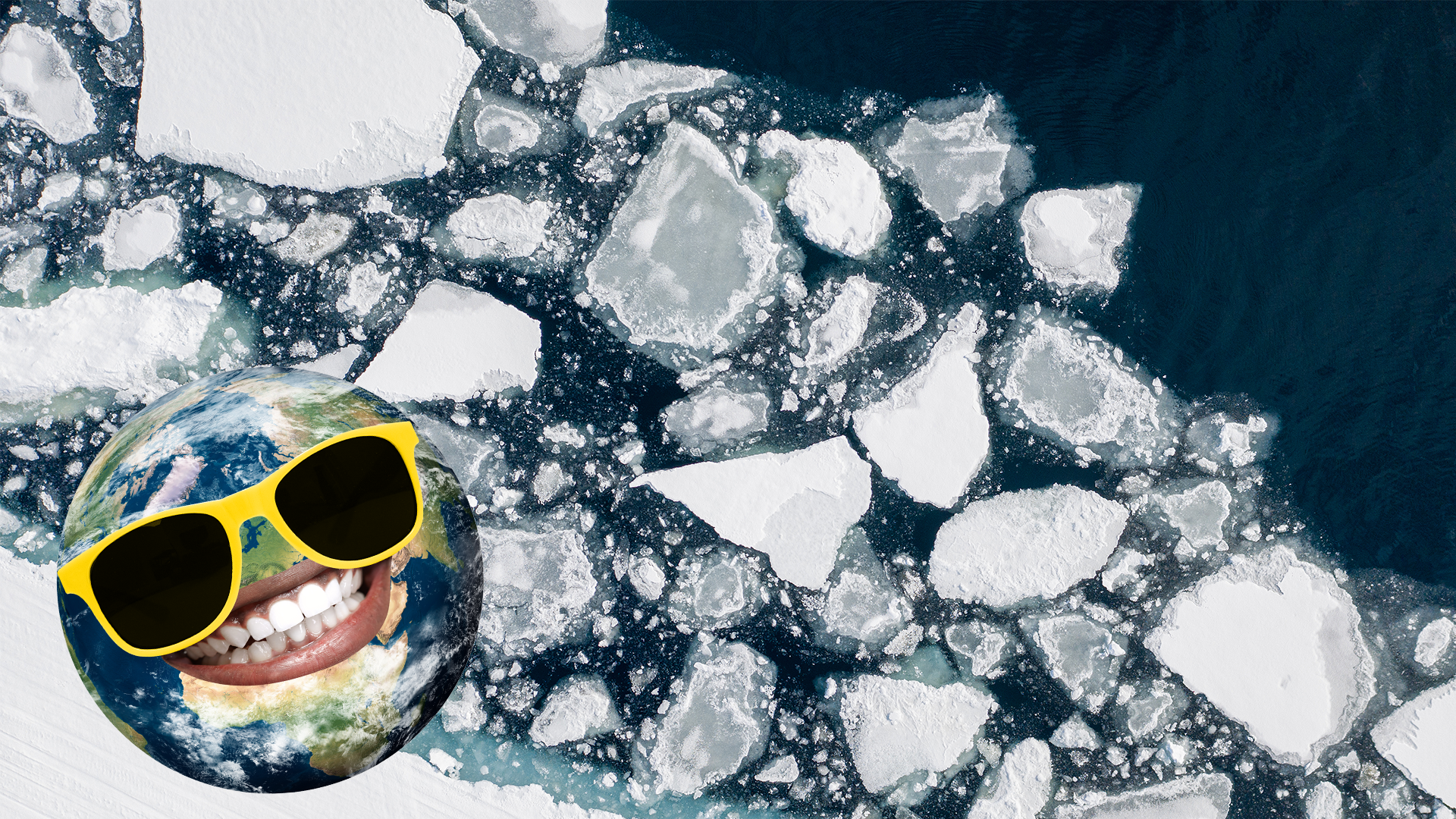
You probably already know that you can’t drink sea water, but ice is a different matter! However you need to let it sit a little – ice has pockets of brine in it, so you need to let that drain out. Cheers!
18. Fear of the ocean is called thalassophobia
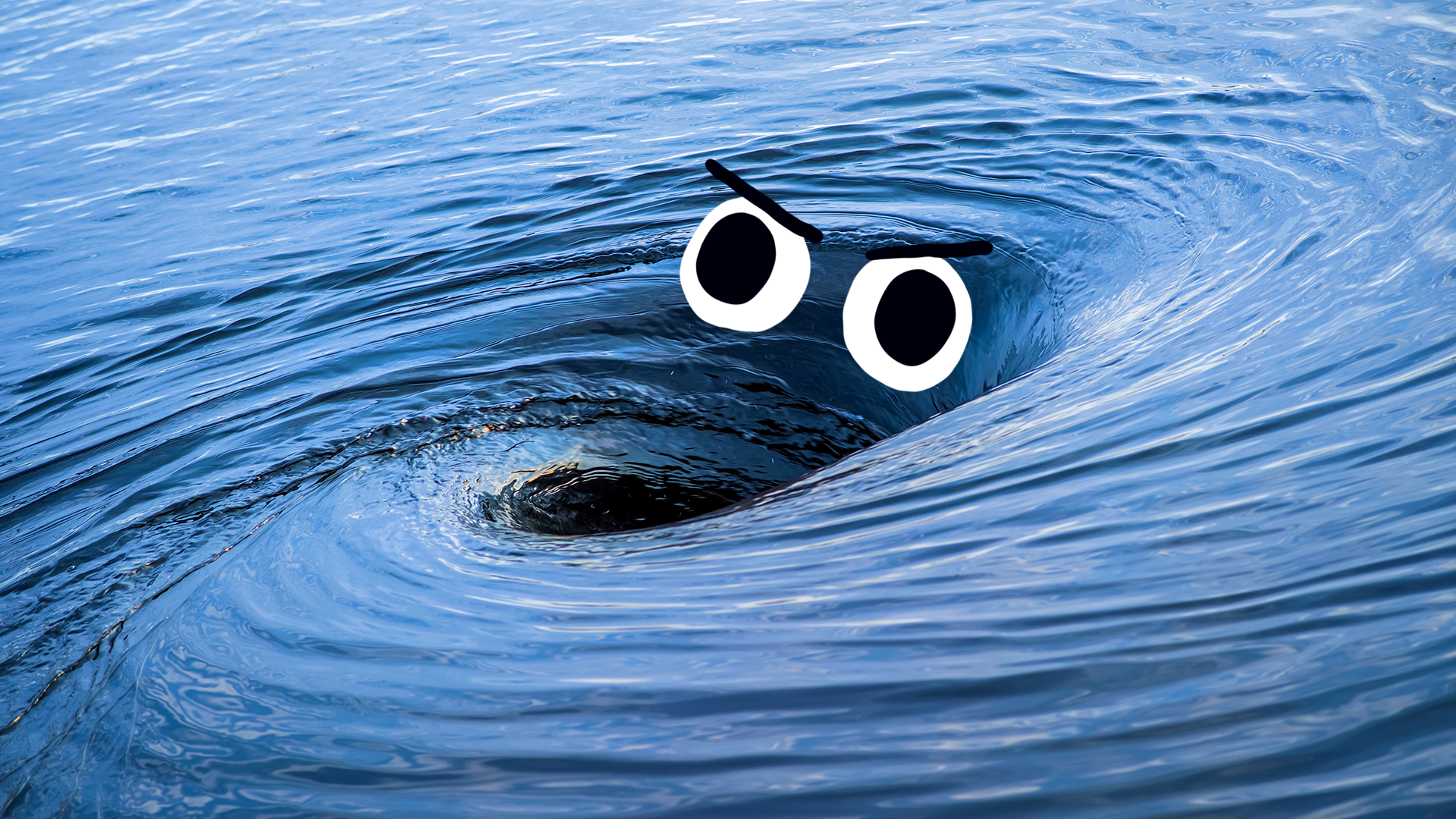
As we've learned the ocean is deep, dark, mysterious, large, and full of unknown creatures - so we can't blame people for finding it scary!
19. The furthest part of the ocean is called Point Nemo!
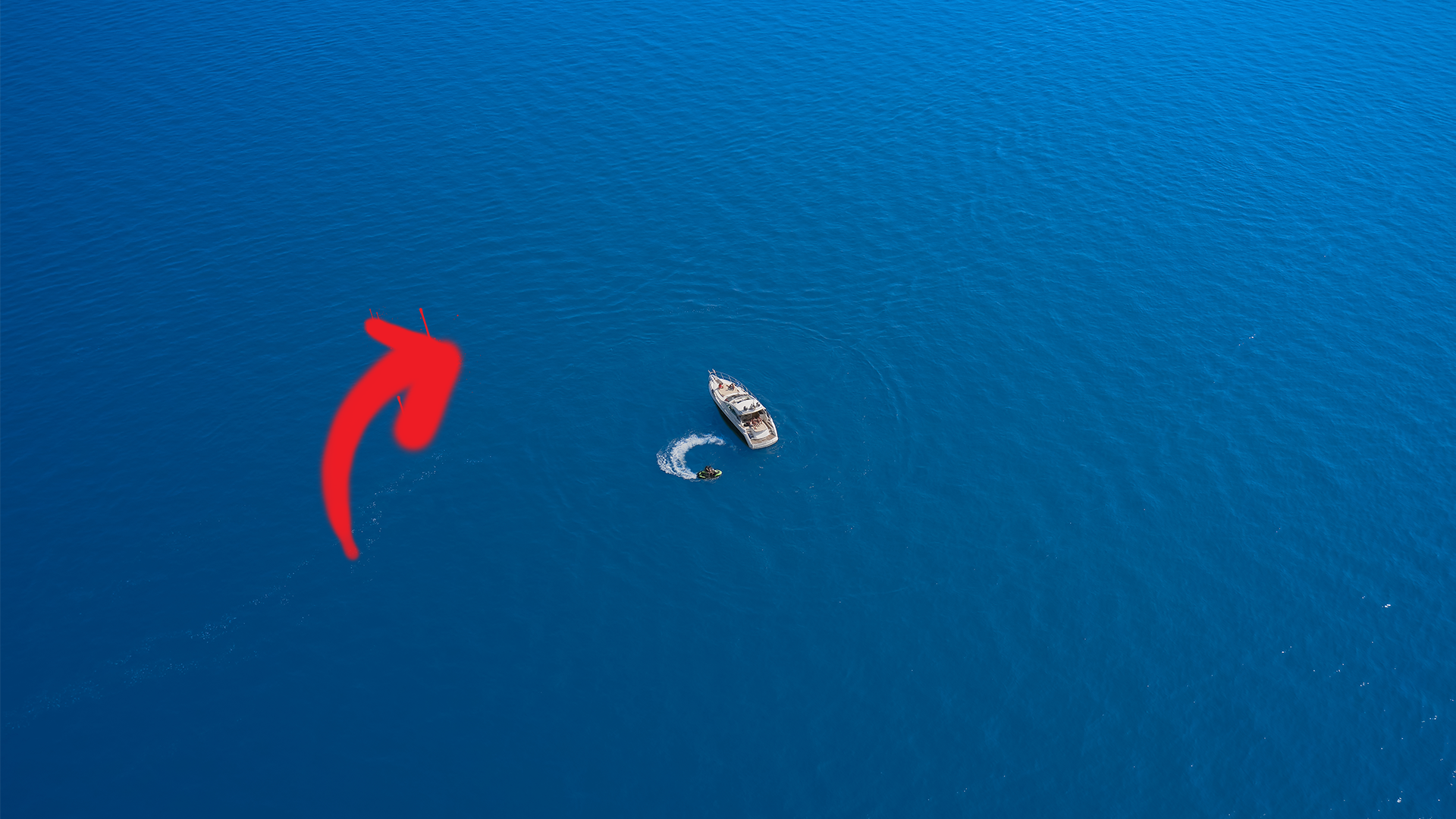
Point Nemo is the loneliest part of the ocean. It's in the South Pacific sea and is about 1,670 miles from land. It would take fifteen days to reach Point Nemo by boat, and there would be nothing but water when you got there. It's named after Captain Nemo from the Jules Verne sci-fi classic 20,000 Leagues Under The Sea, not Nemo the clownfish! "Nemo" is actually Latin for "nobody", which is quite appropriate for a place so lonely.
20. The most dangerous thing in the sea isn't sea monsters...
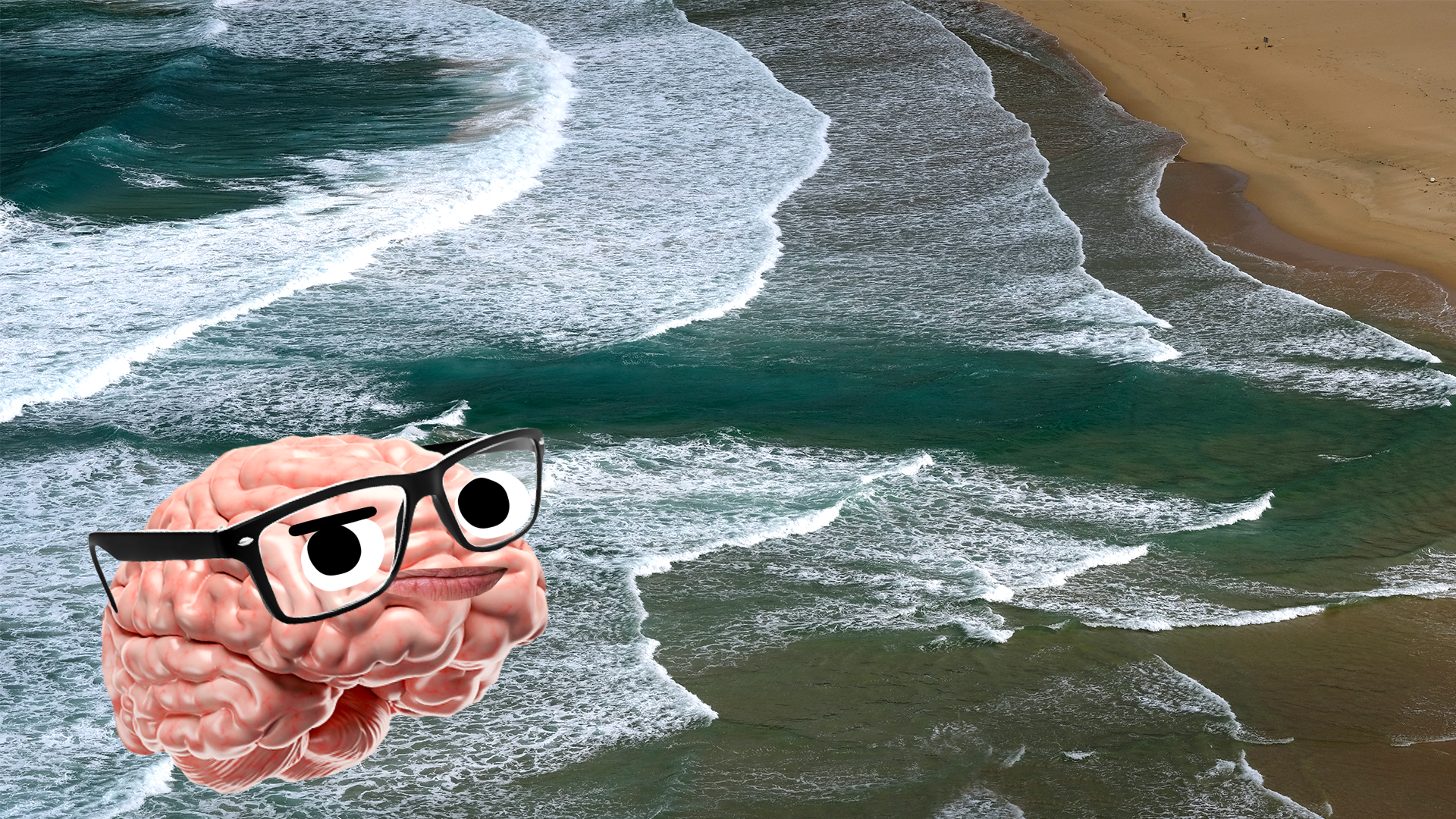
There are lots of dangers about the sea and they all depend on where you are and what you're doing - in Australia for example, the highly venomous blue-ringed octopus and box jellyfish present a danger to beachgoers. But for most swimmers the most dangerous thing is a rip current. These are powerful currents of water that run away from the shore, and account for more than 80% of lifeguard rescues according to the NOAA! They can be tricky to spot, but there's a way to get out if you're caught in one: don't fight the current, but swim parallel to the shore and then back to land at an angle. And remember to always listen to lifeguards, read the signs and pay attention to flags at the beach - the ocean is fascinating but you can't tame it!















